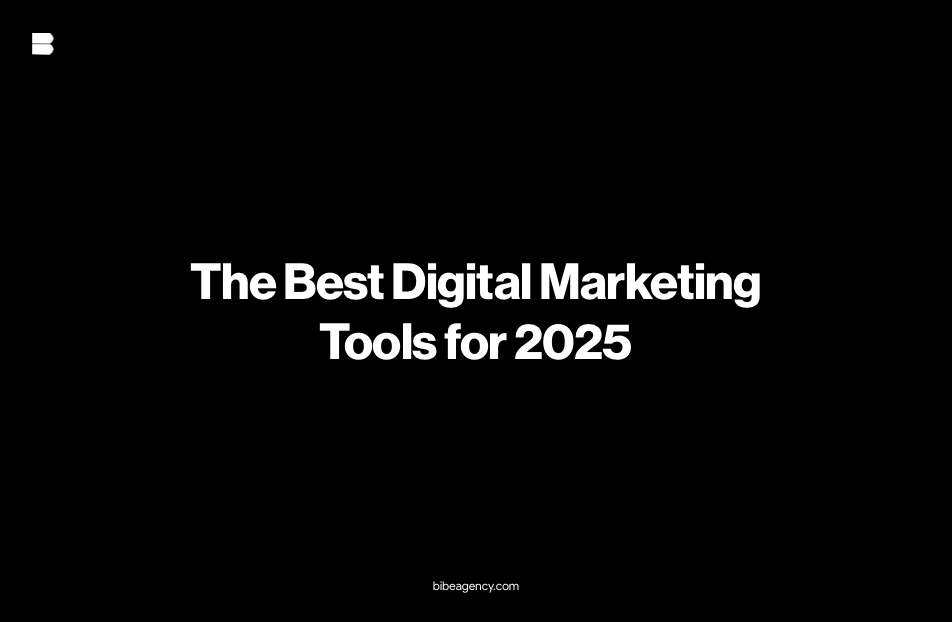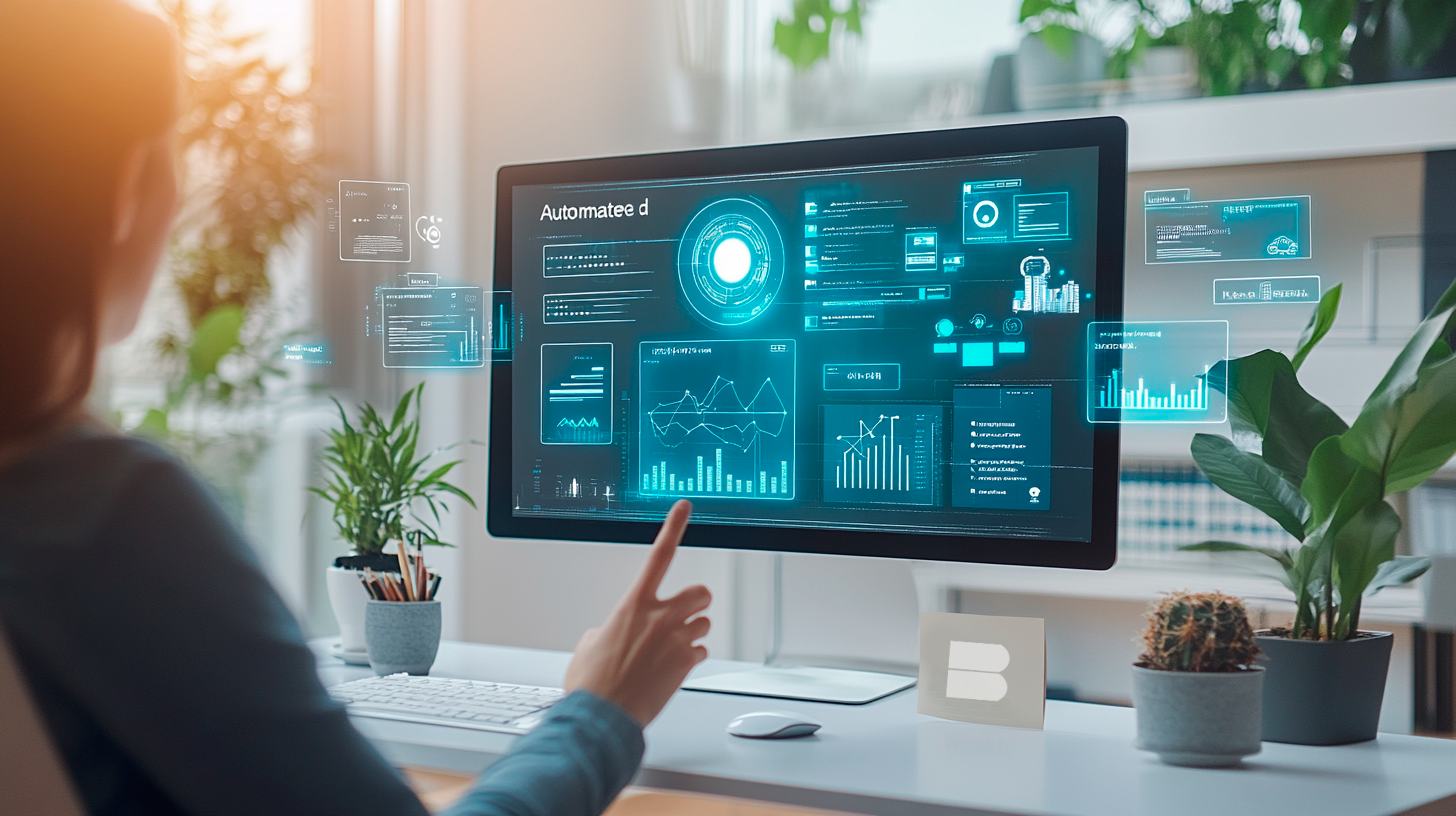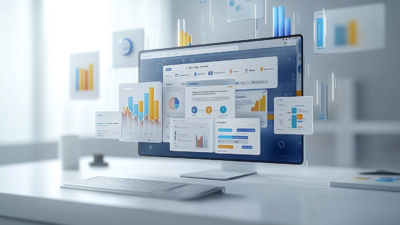In 2025, digital marketing has taken an exponential leap thanks to Artificial Intelligence (AI). The technology has not only revolutionized the way brands interact with their audiences, but has completely changed the rules of the game. From intelligent automation to extreme personalization, AI is positioned as the most relevant trend in digital marketing in this new year. But it doesn’t come alone. Let’s review the main trends that will lead the way for brands in 2025.
1. Intelligent Automation of Processes
AI is enabling much more precise automation, with workflows that adapt in real time to user behavior. From personalized emails to audience segmentation in paid campaigns, everything can be automated without losing the human touch.
Tools like HubSpot, ActiveCampaign or Salesforce are integrating AI engines to anticipate user actions. The result? Better user experience, higher engagement and, of course, more conversion.
2. Hyperpersonalized Experiences
It is no longer enough to send the same content to your entire database. In 2025, users expect brands to talk to them face to face, to understand their tastes, their needs and their moment in the funnel.
Thanks to machine learning, brands can display tailored content in real time, from personalized web banners to product recommendations based on browsing history. The key is to understand behavior to anticipate decisions.
3. AI Generated Content: Between Creativity and Efficiency
The rise of tools such as ChatGPT or Jasper has made AI content creation a consolidated reality. But beware: in 2025, the challenge lies in finding the balance between efficiency and authenticity.
More and more brands are using these systems to generate product descriptions, blog articles or even video scripts. However, it is essential to review, edit and provide the right brand tone. Google is already fine-tuning its algorithm to reward useful and quality content.
4. SEO and SXO: The User at the Center
SEO is still crucial, but optimizing for Google is no longer enough. SXO (Search Experience Optimization) is gaining momentum, and rightly so.
The user experience on the web is now as important as the keyword. Loading speed, responsive design, logical architecture and useful content are aspects that Google values more and more. Here, AI also plays a key role by analyzing browsing behavior and proposing improvements.
5. Programmatic Advertising with AI
Media buying is being dominated by algorithms that not only optimize bids, but also predict results with high accuracy. Google Ads, Meta and TikTok Ads are implementing predictive features that suggest budgets, formats and audiences.
In Spain, SMEs are already adopting these systems thanks to their accessibility and measurable return. The key is to have good data, know how to interpret it and let AI work its magic.
6. Predictive Analytics: Smarter Decisions
Tools like Google Analytics 4 or Tableau are powered by AI to offer predictive insights. Instead of looking at the past, we now analyze what can happen.
This allows brands to anticipate trends, better plan their campaigns and optimize in real time. The era of reactive marketing is over; now data and prediction rule.
7. Interactive Video and Augmented Reality
The video format still reigns supreme, but with a clear evolution: interactivity. Videos now allow the user to choose the path, access products or even book appointments from within the content itself.
In addition, augmented reality is consolidating as part of the shopping experience, especially in sectors such as fashion, home and cosmetics. All thanks to integration with AI and intelligent visualization systems.
8. Ethics and Transparency: The New Responsible Marketing
In an increasingly regulated environment, transparency is a trend. Consumers demand to know how their data is being used, and AI is forcing us to be even clearer.
In Spain, GDPR compliance remains a priority, but users also value brands that communicate ethically and with purpose. AI should be used to enhance the experience, not to manipulate.
Conclusion: The Future is Now
2025 presents us with a scenario where technology, and in particular Artificial Intelligence, sets the pace for digital marketing. But we must not forget that behind every screen there is still a person.
Humanizing technology, using AI to bring us closer and not to push us away, will be the real challenge for marketers. If we know how to integrate this innovation with strategy, creativity and ethics, the result will be marketing that is more effective, more human and more relevant than ever before.



